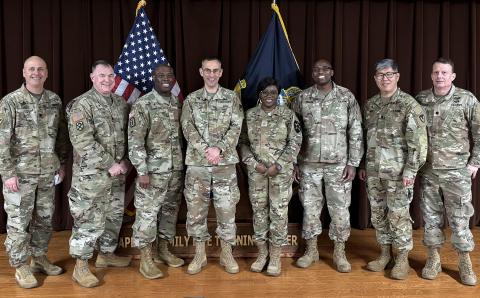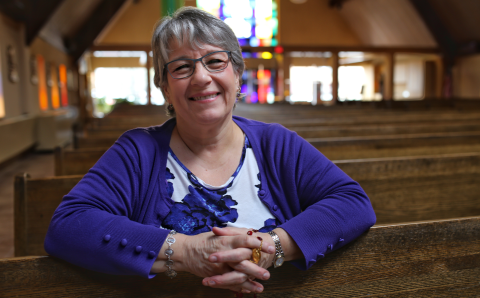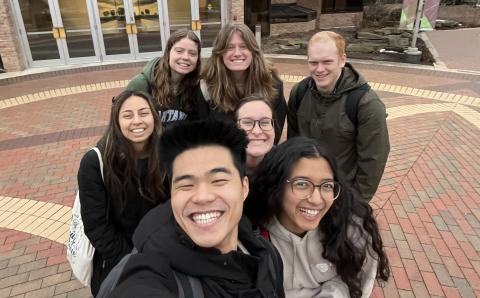One of my goals in teaching African church history is to dispel the myth all too present in Africa that Christianity is a white person’s religion. A quick survey of early church history helps. Many of the most important early theologians—Tertullian, Athanasius, and Augustine—were African. But particularly revealing for my students is a study of Africans in the New Testament.
The church at Antioch was an important congregation in the early church. Followers of Jesus were first called Christians at Antioch (Acts 11:26). Antioch sent Paul on his first missionary journey (Acts 13:1-3). But there are some lesser-known but no less important facts about the church at Antioch.
First, the church in Antioch was planted at least in part by African evangelists. After the persecution that broke out when Stephen was martyred, the church was scattered (Acts 8:1). Some of those who were scattered from Jerusalem went to Antioch. They spread the word “only among Jews.” But others, “men from Cyprus and Cyrene”—a city in Libya—“went to Antioch and began to speak to Greeks (Gentiles) also, telling them the good news about the Lord Jesus” (Acts 11:19-20). Gentiles in Antioch were evangelized by Africans—“men from Cyrene.”
Second, the church in Antioch had African leaders: “Now in the church at Antioch there were prophets and teachers: Barnabas, Simeon called Niger, Lucius of Cyrene, Manean … and Saul” (Acts 13:1). Lucius of Cyrene, the Libyan city, was likely African. Simeon was almost certainly African. Commentators agree that “Niger” was derived from the Latin for “black.” The New Living Translation refers to him as “the black man.”
“While they”—the prophets and teachers of the church in Antioch, which included Africans—“were worshiping the Lord and fasting, the Holy Spirit said, ‘Set apart for me Barnabas and Saul for the work to which I have called them.’ So … they (the leaders of the church at Antioch) laid their hands on them and sent them off” (Acts 13:2). Africans participated in the discernment that led to Paul’s missionary enterprise. African church leaders were among those who commissioned Paul and Barnabas for their first missionary journey.
Paul was instrumental in the gospel’s advance into Europe. But it was Africans who helped discern that call, Africans who confirmed that call, and Africans who sent Paul with the gospel into Europe. Christianity is not a white person’s religion. It was a religion of Africans before it became a religion of Western Europeans.
This pattern is beginning to repeat itself today. The church in Africa is flourishing. Some estimate that within a generation, Africa will have the largest Christian population of any continent. The center of Christianity is moving south. Many missiologists think that the hope for the church in the West lies in Africa. Renewal of the church in Europe, and perhaps also in North America, is happening because of the migration and mission of Christians from the global south, especially Africa. The gospel is again moving out from Africa with love.
Discussion Questions:
- Prior to reading this article, how many African theologians did you know and how many biblical characters were you aware were likely African?
- What are some reasons Christianity can be mistakenly perceived as a white person’s religion?
- Why do you think it is important to recognize and remember the role of Africans in Christian and biblical history?
- What steps can you take to improve your awareness of the contributions of Africans and other cultures to our Christian faith?
About the Author
Rev. Ryan Faber is pastor of worship and administration for Faith Christian Reformed Church, Pella, Iowa.









